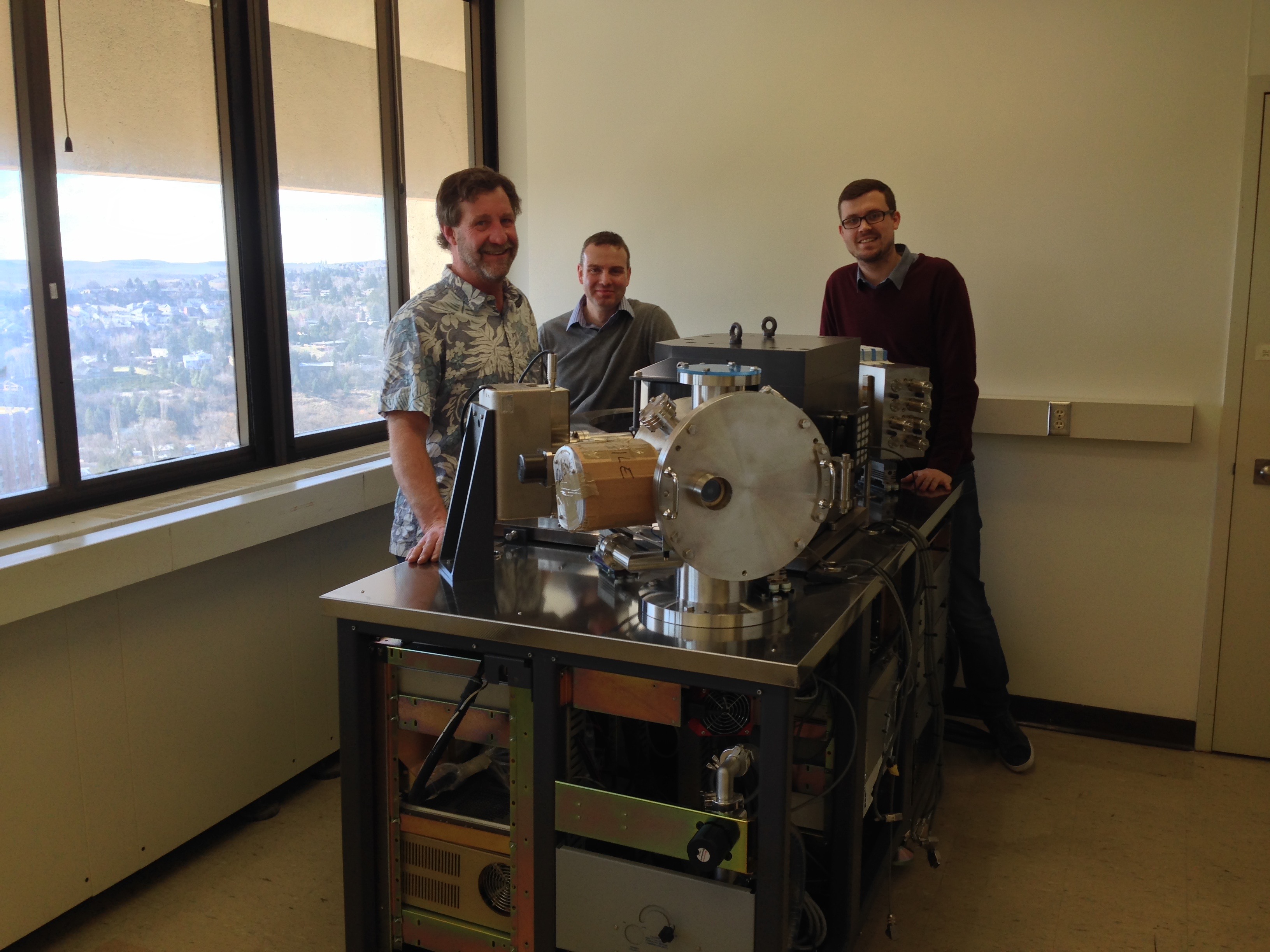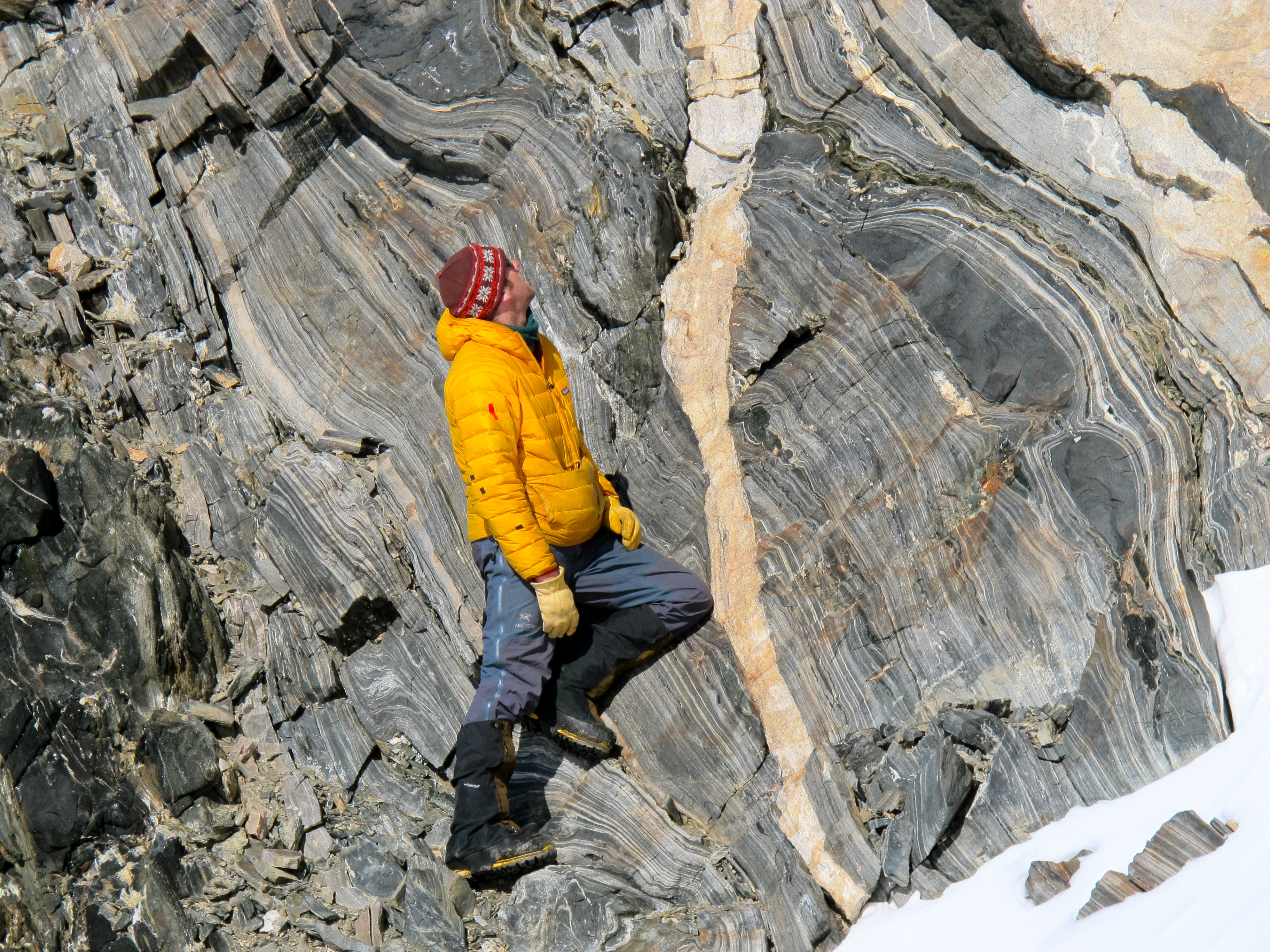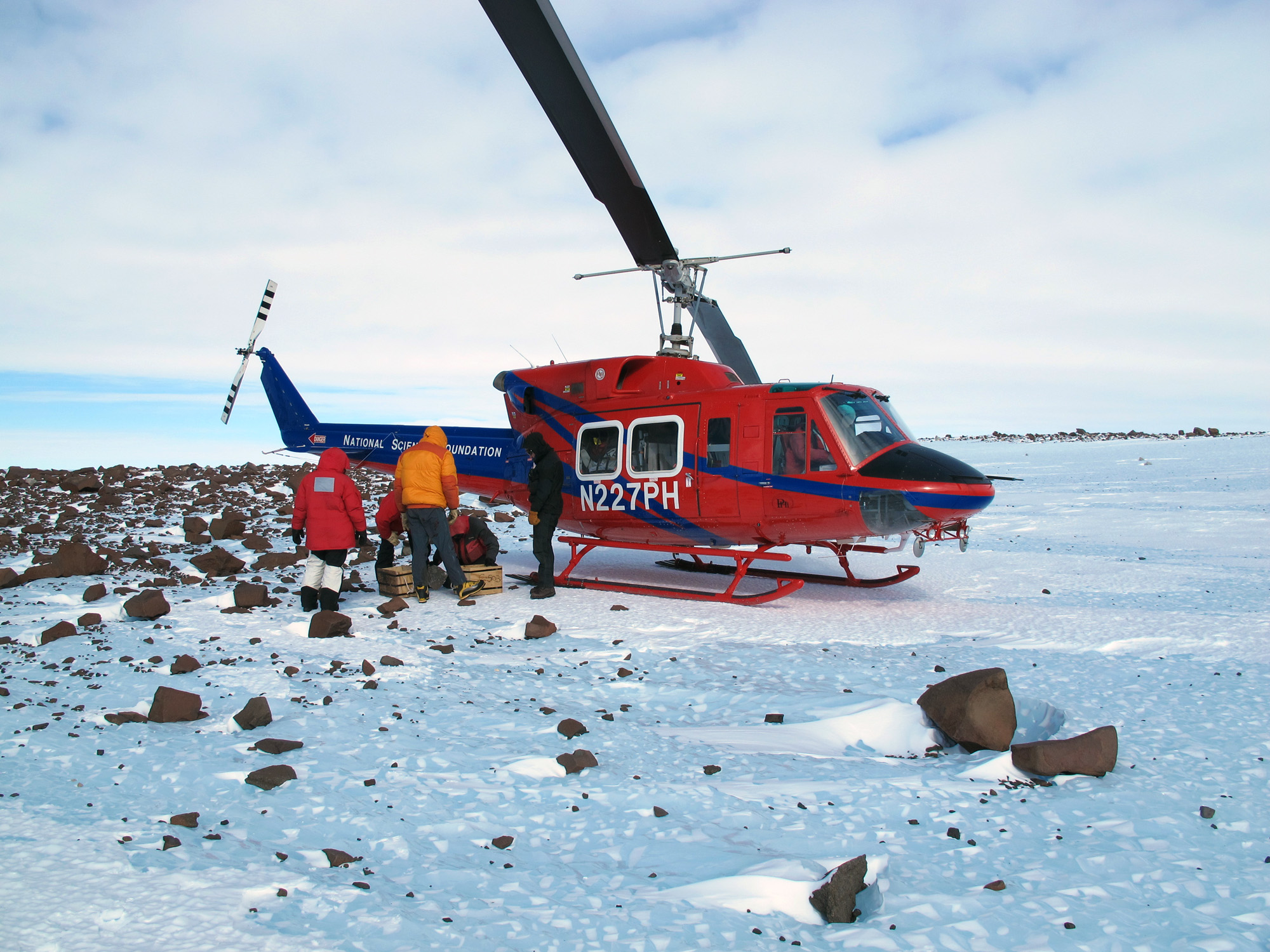Program Description
The primary goal of the Geology M.S. program at WSU is to prepare students for professional employment in a broad range of geoscience careers (environmental consulting, minerals/petroleum industry, local/state/federal resource-based or management agencies, teaching), or for serving as a foundation for continuing to graduate studies at the Ph.D. level. WSU offers specialization in multiple subdisciplines, including structure/tectonics, petrology, geochemistry, geophysics/geodynamics, and sedimentology/stratigraphy.
The goal of the M.S. program is to produce broadly trained, professional geoscientists with the ability to conduct original scientific research. In addition to course work, the primary requirement for the M.S. degree is preparation of a thesis that should represent a publishable contribution to the geoscience
community. Each program is designed in consultation with a faculty advisor to meet the needs of the student.
Specialization is offered in:
o Sedimentology — Stratigraphy
o Structural Geology – Tectonics
o Minerology Petrology — Geochemistry
o Hydrogeology — Biogeochemistry
o Geophysics — Geodynamics
Program Requirements (Thesis Option Only)
At least 30 hours minimum of total credits, consisting of:
- At least 21 hours graded coursework, including:
- At least 15 hours minimum of graded
course work at 500 level - Up to 6 hours maximum non-graduate
(300/400 level) graded coursework is
allowed - SOE 501 (Graduate Skills Seminar, 1 hour)
must be taken during the first year of the
program (not graded) - At least 2 hours (semesters) SOE 598 (Seminar,
not graded) - 4 hours minimum of SOE 700 (MS research,
thesis or examination), 2 hours of which must
be taken in the semester of the final exam (not
graded).
- At least 15 hours minimum of graded
- Thesis
- Final oral exam — Thesis defense
[Photo credits: Banner photo – Colorado River in the Grand Canyon. Source: Wikipedia. Author: Lennart Sikkema. License: CC BY-SA 3.0]

Dr. Sean Long's SOE 542 (Extensional Tectonics) graduate course trip to eastern Nevada in 2019. Courtesy of Dr. Long

Charles Knaack & Students In The GeoAnalytical Lab

